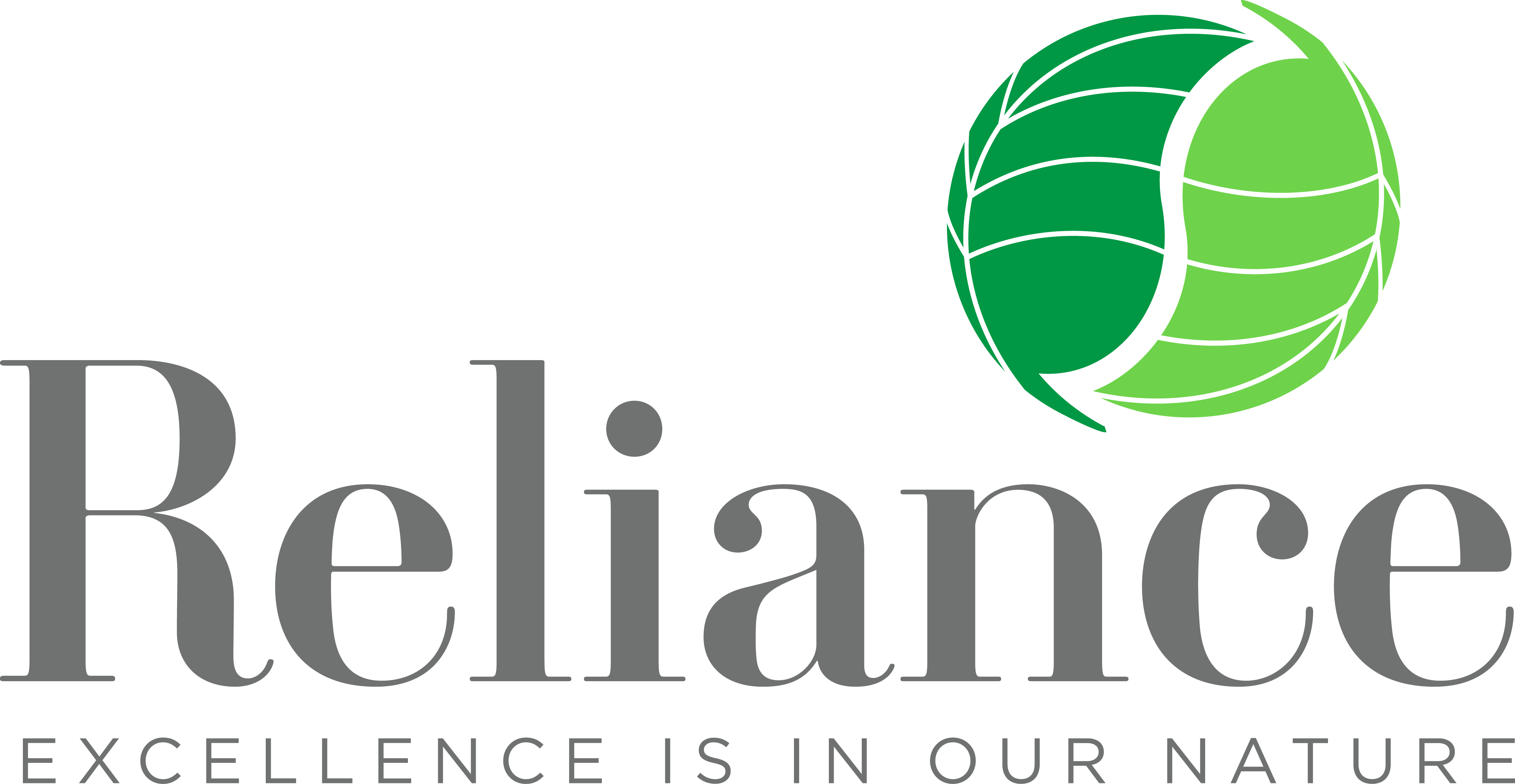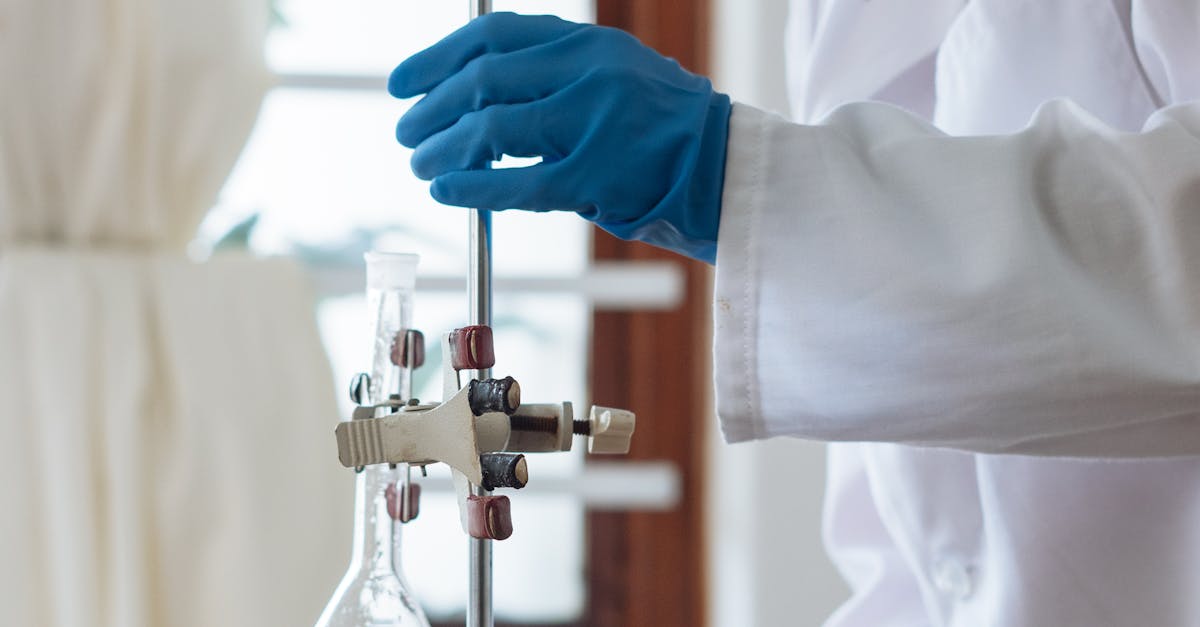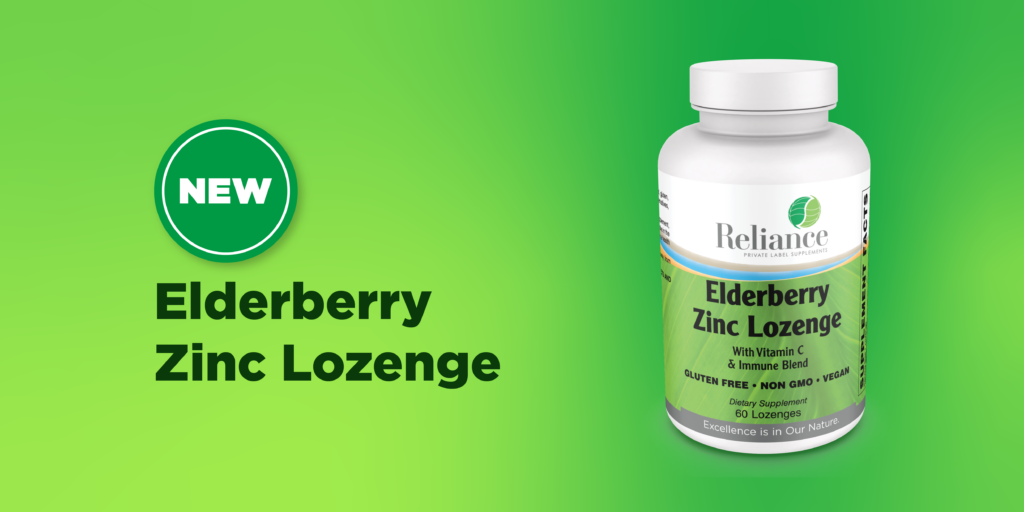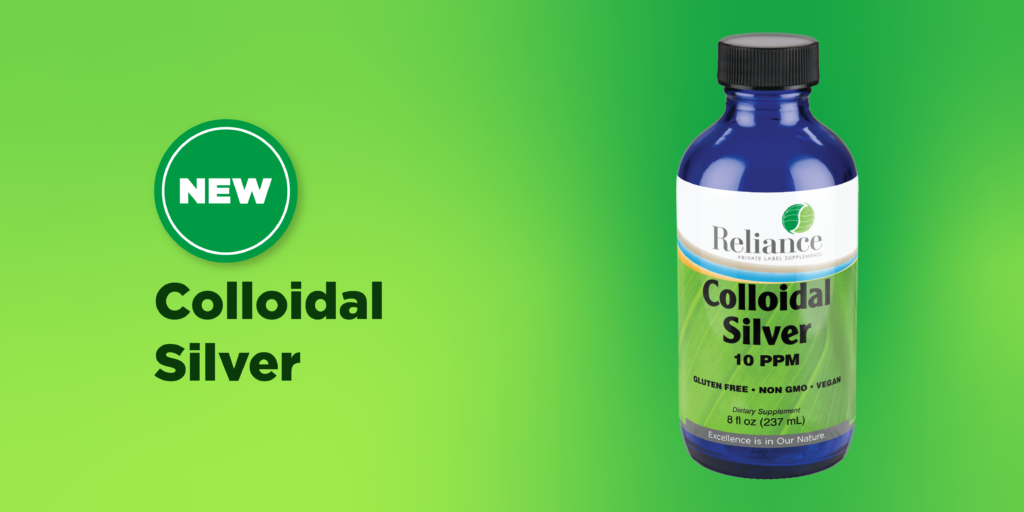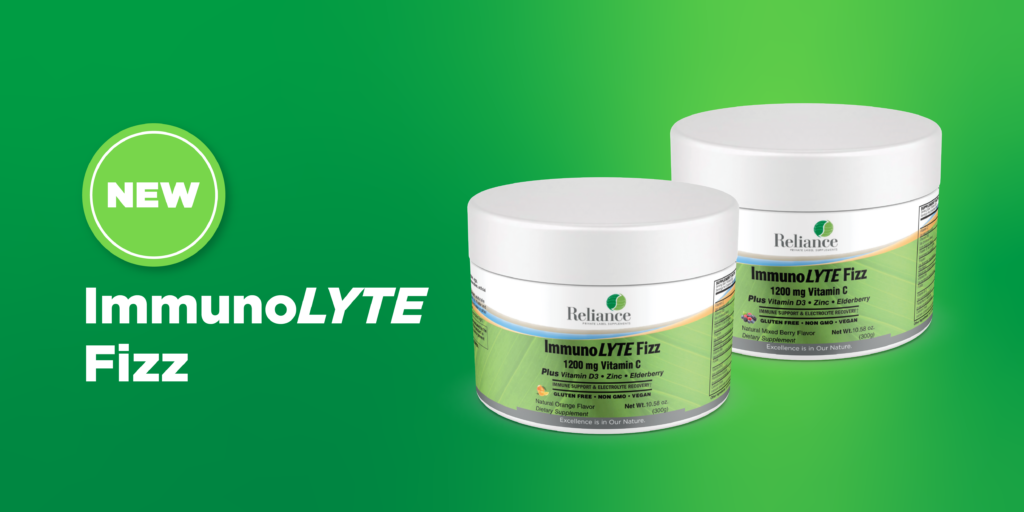For supplement brands that want their products to compete in the US market in 2025, navigating the landscape of supplement testing is more important than ever. With evolving regulatory demands, discerning consumers, and increasingly complex product formulations, understanding the difference between third-party testing and in-house lab analysis can make or break a brand’s reputation—and determine how fast you get to market, as well as whether you can stay there long term. Drawing on more than 40 years of end-to-end supplement manufacturing at Reliance Vitamin, we’ll break down the pros, cons, and critical considerations for each approach, and share our perspective on what real product integrity looks like for modern supplement companies.
Why Product Testing Is Non-Negotiable in 2025
The bar for supplement quality and transparency has markedly risen. Retailers now require clear evidence of testing for shelf space; consumers are reading labels more closely than ever; regulatory authorities are cracking down with updated requirements, especially for multi-ingredient and novel products. At Reliance Vitamin, our partners expect robust strategies that not only pass audits but actively protect their brand integrity.
Defining the Two Testing Approaches
Third-Party Testing
Third-party testing means sending your supplements to an independent, accredited laboratory that is not affiliated with your organization. Typically, these labs use validated methods to evaluate products for identity, purity, potency, and the presence of unwanted contaminants. Many major retailers and e-commerce platforms (CVS, Amazon, Walmart, etc.) are making independent testing and certification a baseline requirement for shelf placement.
- Impartiality and trust: Third-party labs provide unbiased, external verification and certification, giving credibility that is hard to match internally.
- Comprehensive contaminant screening: These labs often run extensive analyses—including heavy metals, microbes, pesticides, banned substances, and allergen testing.
- Certification advantages: Achieving badges like NSF, USP, Non-GMO, or Organic can set your product apart in a crowded marketplace.
- Retail and compliance benefits: Passing third-party audits is increasingly linked to regulatory acceptance and retail access, as well as smoother Amazon seller approval.
In-House Lab Analysis
In-house lab analysis is performed at the manufacturer’s own facility using internal quality control labs and R&D teams. At Reliance Vitamin, our Edison, New Jersey site features a GMP-certified, climate-controlled testing suite with both advanced instrumentation and highly trained personnel. Having these capabilities lets us embed quality assurance throughout the production process.
- Speed and agility: Internal labs enable rapid analysis of pilot batches and production lots so adjustments can be made in real time to troubleshoot or refine formulations.
- Customization and flexibility: In-house teams can create tailor-made methods for cutting-edge or proprietary formulations, and test multiple samples without the time or cost of shipping to a third-party facility.
- Cost efficiency for routine QC: Especially for brands scaling up, having frequent testing in-house can be more economical over time.
- Direct feedback loop: Integration between formulation, manufacturing, and QC fosters tighter control of day-to-day product quality.
Third-Party vs. In-House Testing: Comparing the Essentials
| Factor | Third-Party Testing | In-House Lab Analysis |
|---|---|---|
| Objectivity & Trust | Verified by independent experts, strengthens consumer and retailer trust | High internal standards, but may be viewed as less impartial externally |
| Speed | Turnaround time can range from 5 to 20 business days | Same-day or next-day results empower faster formulation and launch |
| Cost Structure | Higher per-batch cost; required for certification | Lower per-test cost for frequent/routine analysis after setup |
| Scope of Testing | Standardized, often required for multi-contaminant panels and certification | Customized, may expand to R&D pilot runs and specific process checks |
| Regulatory Compliance | Required or expected by many major retailers | Required for GMP compliance and process control, not always accepted alone for retail certifications |
| Operational Integration | External reports; data feeds into product release cycle | Fully integrated with manufacturing workflow for traceability |
Why the “Either-Or” Mindset Is Outdated
The big takeaway: it’s no longer a matter of choosing one method over the other. High-performing supplement brands rely on a synergy between robust in-house analysis (for agility and process control) and third-party testing (for objectivity and market access). At Reliance Vitamin, for example, we use our internal labs throughout every phase—from raw ingredient qualification, through in-process checks, to final product testing—then partner with leading third-party labs to validate claims and earn certifications for the finished products.
Regulatory and Retail Realities: What’s Changing for 2025?
Several forces are accelerating the demand for stronger testing strategies:
- USP and FDA advances: Regulatory agencies are drafting new standards (such as USP Chapter <2800>) designed for the modern, multi-ingredient supplements that populate current shelves. More cross-ingredient, multi-analyte analysis is required.
- Ingredient transparency: Consumers expect DNA verification for plant-based products, more precise label claims for probiotics, and contaminant screening for everything from herbal blends to minerals and mushroom formulas.
- Retailer requirements: Major retailers are implementing new shelf-stocking requirements that include detailed third-party documentation. Recent years have seen supplements pulled from shelves for failing these audits.
- Brand safety: The cost of a single recall or negative test report can devastate a brand’s credibility. Prevention through thorough testing is now a baseline, not an extra.
What This Means for Supplement Innovators
If you’re a brand or procurement lead, here are clear, actionable moves that support both product integrity and competitive velocity in 2025:
- Build in in-house lab capabilities or partner with manufacturers who have them for real-time quality checks and iterative development. This is particularly crucial for custom blends, pilot production runs, and troubleshooting formulation issues. A process-driven lab partner, like Reliance Vitamin, acts as both a technical consultant and guardian of your consistency.
- Obtain third-party certifications for all primary SKUs—especially those targeting mass retail or e-commerce. Badges like NSF, USP, Non-GMO, or USDA Organic are not just marketing tools but strong differentiators for regulatory and consumer acceptance. Keep third-party certificates up to date, and make them accessible online and in sales materials.
- Plan for evolving regulatory requirements. Stay ahead of updates and push your manufacturing partner to invest in advanced analytical instrumentation (think chromatographic fingerprinting and DNA authenticity for botanicals and mushrooms). Anticipate what may be demanded in 1–2 years and align your documentation accordingly.
- Design robust traceability systems. Ensure every lot, both raw ingredient and finished product, is trackable across both in-house and third-party records. Transparency isn’t just a regulatory requirement, it’s a brand-building asset for consumer trust.
Testing Best Practices for Key Supplement Categories
- Plant-based nutritional powders: We use multi-stage testing to authenticate raw plant materials, screen for pesticides, and verify protein content—crucial for clean-label and vegan product launches. Explore how we stack up in this area in our Private Label Plant-Based Protein insights.
- Probiotics: Count and viability absolutely matter. Label claims are verified through culture-based assays and real-time PCR as needed, ensuring true colony-forming unit (CFU) concentrations at end-of-label life. Learn more in our Private Label Probiotics Guide.
- Minerals and vitamins: Quantitative testing supports label accuracy, with regular cross-checking against recognized monographs for elements like magnesium, zinc, or vitamin D3.
- Herbal and superfood blends: Botanical ID is confirmed through chromatographic fingerprinting, and purity is checked for both common and less-visible contaminants, such as residual solvents or heavy metals.
- Mushroom supplements: DNA fingerprinting and multi-constituent analysis ensure correct species and active compound levels.
How Reliance Vitamin Approaches Integrity and Compliance
With four decades of GMP-certified expertise, the Reliance Vitamin approach combines rigor and speed. Here’s what brands can expect when partnering with us:
- Full ingredient vetting from a network of validated suppliers, supporting traceability from field to final shelf.
- Extensive in-house pilot and batch testing, with rapid feedback between R&D, manufacturing, and regulatory teams.
- Collaboration with leading third-party labs for certifiable, objective results, and management of all testing documentation for regulatory or retailer audits.
- End-to-end packaging and product delivery options, from bottles and stick packs to specialty sachets and multi-product kits.
For a deeper look at advanced formulation testing and innovation strategies, see our detailed blog on formulating next-generation multivitamins.
Pro Tips: Building a Winning Supplement Testing Strategy
- Start with the end in mind. Define your target channels and label claims in advance, then design your testing processes to meet both regulatory and retail specifications.
- Balance agility with compliance. Quick in-house checks keep your R&D cycle lean, but only validated third-party certificates unlock the most visible retail paths.
- Train your team on documentation. A testing program is only as strong as its records. Build digital files, keep them accessible, and ensure team members know the difference between tests used for routine QC and those needed for retail or government audits.
Final Thoughts: Integrity Is a System, Not a Checkbox
As the supplement landscape grows more sophisticated, pursuing a mix of in-house lab analysis and trusted third-party testing is not just a regulatory expectation—it’s a foundation for consumer confidence. At Reliance Vitamin, our daily mission is helping brands of all sizes scale their operations while never compromising on the products their customers trust. Whether you need a sounding board for your current testing workflow or want to explore a full contract manufacturing partnership, our team is always ready to offer pragmatic, science-first guidance.
Curious how we can raise your product integrity game or handle complex compliance challenges? Visit our product portfolio for a sense of our tested offerings, or connect with our technical team to discuss the right testing mix for your next supplement launch.
